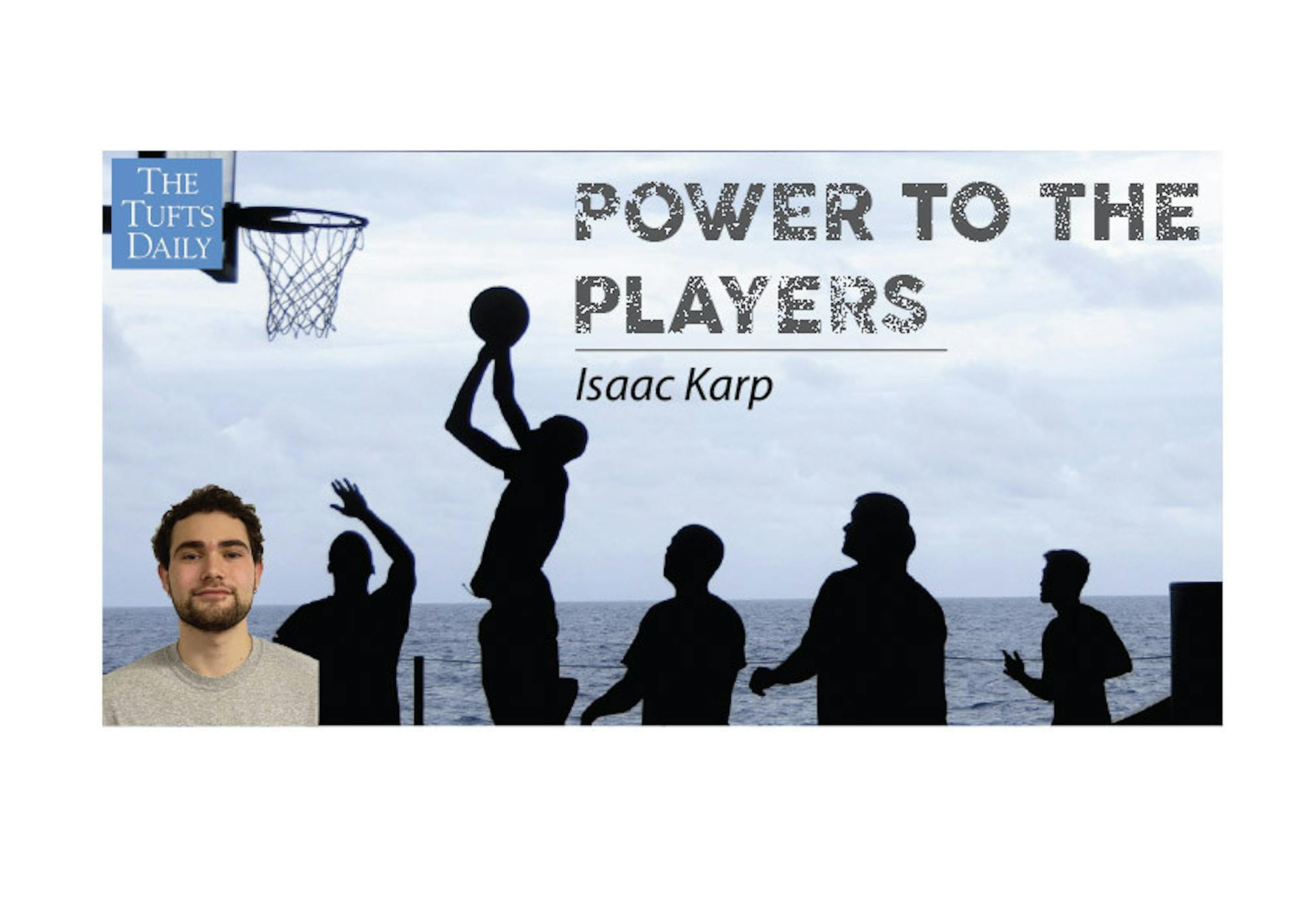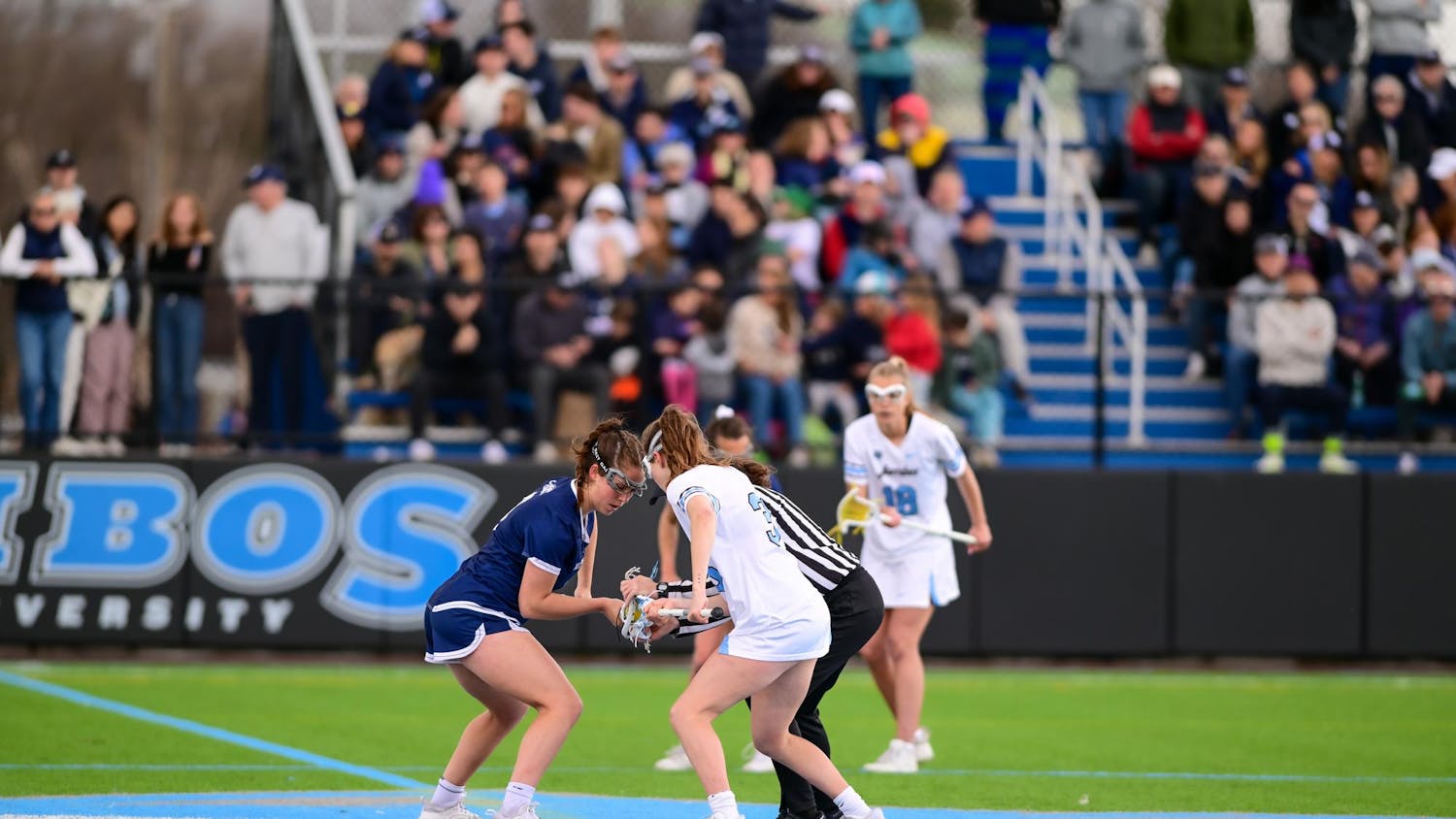Back in Los Angeles in 2017, NBA star Blake Griffin descended a walkway at the Staples Center adorned with pictures of his life and basketball career. When he reached the court, he witnessed a ceremony that culminated with a promise: his jersey would be lifted into the rafters as a Clipper, a distinctionno player had yet achieved. The Clippers convinced Griffin to re-sign; however, in 2018, less than one year into Griffin’s massive five-year contract, they traded him to Detroit, a city that bears little resemblance to LA.
After two years of a productive Griffin, the Pistons soon realized they were in limbo. They consequently dealt one of their most loyal stars and four-time league rebounding leader Andre Drummond to the Cleveland Cavaliers for almost nothing in return. Fortunately, this gave an opportunity to center Christian Wood, who, for the last stretch of the season, seemed to be a centerpiece for the future of the franchise. On the other hand, they still had Griffin on their team, an unpalatable asset in light of his expensive contract and aging body. Griffin's current reputation in the NBA can be summed up by Miami Heat announcer Eric Reid, whocalled him “a very old 31.”
Meanwhile, in the fall, the front office decided to sign Denver Nuggets forward Jerami Grant to a three-year, $60 million contract. It is worth noting that Grant sat on the bench for much of last season before breaking out in the bubble, where he helped the Nuggets reach the Western Conference Finals. Besides this, the Pistons also signed former Nuggets center Mason Plumlee to a three-year, $25 million deal. They made this move because they lost 25-year-old Wood, who was not offered the salary he desired. Grant and Wood would have made a strong nucleus to build on, but the Pistons split that atom.
The Pistons used to have an identity that reflected the perseverance of the city of Detroit. Whether it was the "Bad Boys" of the late '80s or the mid-2000s team that upset Kobe Bryant and the Lakers in the finals, playing in Detroit meant having grit and beating the odds. However, the new-era Pistons lack a promising future. While Grant is having a career year, it's rare for any team to hand over the keys to their franchise to a player of Grant’s modest caliber. He’s a talent but a below-average shooter on a team with one of the worst records in the NBA. None of this translates to a winning formula.
This entire mess can be attributed partly to a deep-rooted mistrust between players and their organizations. After Drummond was traded, hetweeted, "If there's one thing I learned about the NBA, there's no friends or loyalty."
When players are treated as commodities, they feel the need to exert more control over their own future. Whether it's James Harden forcing his way out of Houston or Anthony Davis making it clear he wanted to leave New Orleans, players feel less loyalty toward teams and owners that treat them as expendable. At the same time, this waning sense of responsibility to a franchise makes it difficult for fans to put their faith in players — and remember, it’s the fans that keep the league alive. If the NBA is to fix the mess it has created, organizations need to jettison the impersonal managerialism and treat players as equals.






